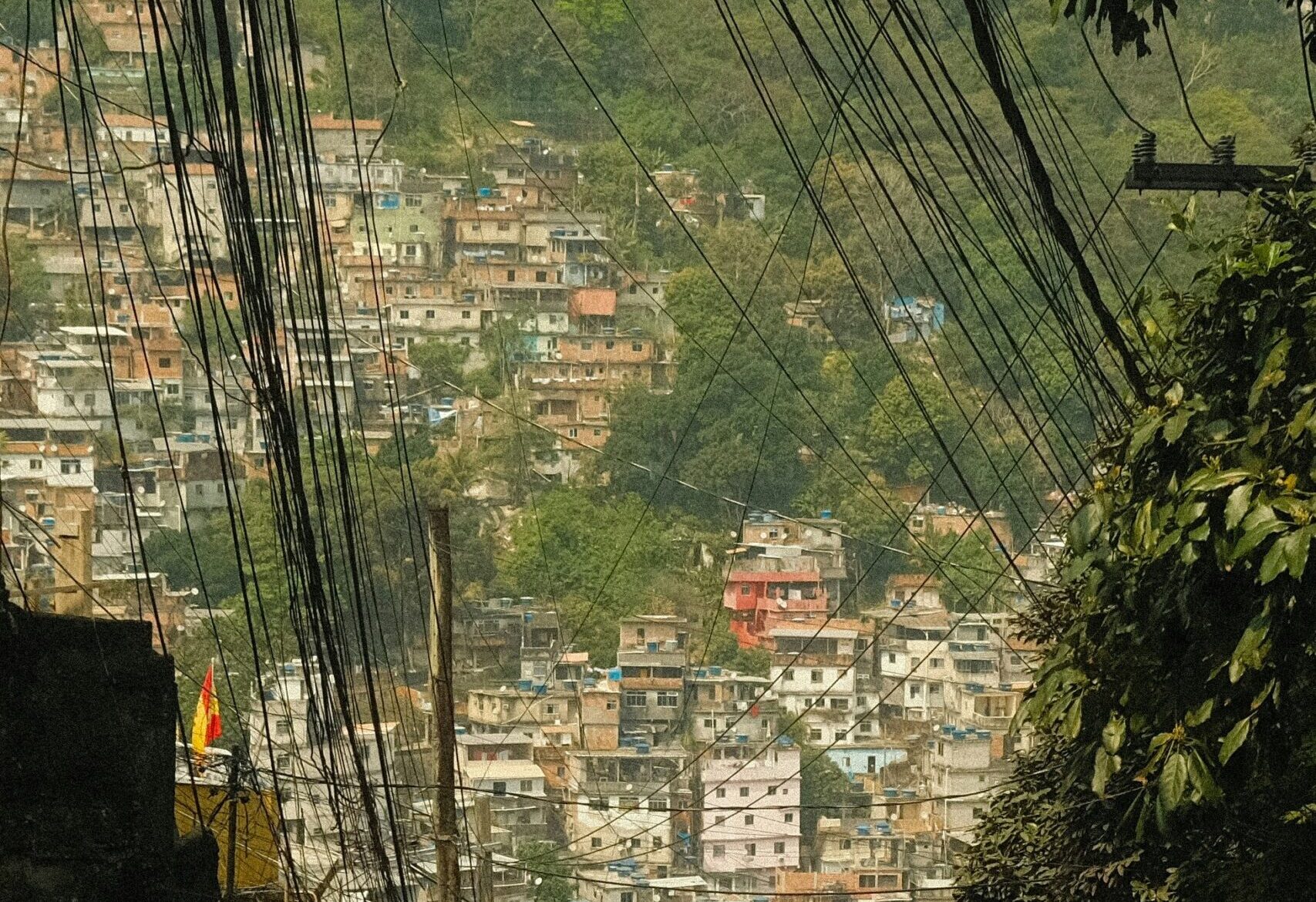Rio massacre exposes the violence and deceit of the so-called war on drugs
On by Ella Ronan
Over 130 people were killed in the deadliest raid in Brazil’s history. What does this reveal about how prohibition fuels violence, corruption, and impunity?

Those killed were largely residents of Rio’s favelas; communities repeatedly targeted, neglected and criminalised by the same institutions that claim to protect them. Far from restoring security, this terror reinforces distrust and fear.
These killings are not isolated acts of drug enforcement action. They are part of a system in which militarised interventions are used as a smokescreen for terror, corruption, and impunity. Decades of increasingly deadly operations, carried out under the narrative of the so-called war on drugs, have done nothing to reduce drug markets, curb drug use or weaken the power of organised crime groups — and it has certainly not made people safer.
Militarised interventions and the criminalisation of poverty destabilise communities and undermine justice. The massacre in Rio underlines the urgent need to change the narrative. The so-called war on drugs is not a fight against crime or cocaine The war on drugs is more than failed policy: it is a war on communities, on cultures, and on ecosystems.
Our new report, From Forest to Dust, shows that these dynamics extend far beyond Rio. Across the Amazon basin and Brazil more broadly, prohibition fuels organised crime, environmental destruction and deep social inequality.
From Forest to Dust provides evidence for alternatives, drug policies that protect communities, uphold rights, and break the cycle of violence.

